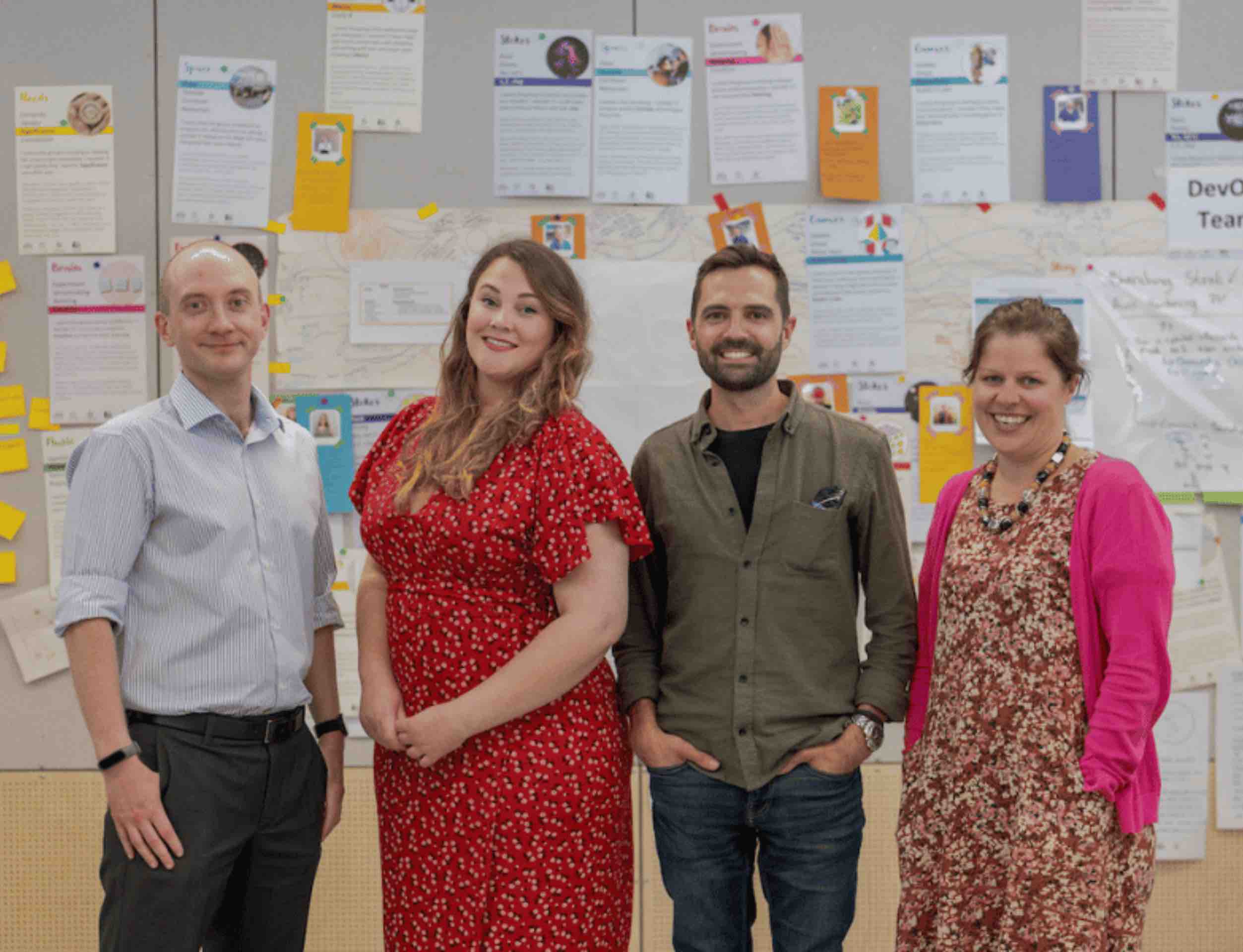The ability to use technology and digital services safely and in a positive manner is a critical digital skill, and one that underpins the approach that the University of Exeter’s Digital Skills Leads, Katie Steen and Dave Weller, are taking towards digital upskilling.
In the second blog post of their digital skills series, Katie sheds more light on why digital wellbeing is so important – in both the workplace and at home.
Digital Wellbeing
When we talk about digital skills, people’s immediate thoughts are towards one’s ability to use certain software or online devices. What isn’t necessarily appreciated as an essential digital skill is having the ability to understand the physical, mental, social and emotional impact that technology and digital activities can have on us as the user.
What do we mean by digital wellbeing?
In a literal sense, we mean exactly as it sounds – that people are able to use technology and digital services in a way that has a positive impact on their physical, mental, social and emotional wellbeing.
For example, the positive use of digital technology can prevent isolation; give you enjoyment through the use of games or music access; improve people’s access to learning; enhance collaboration opportunities on a global scale.
However, there is also a potential negative impact that digital tools, services, content and activities can have on our wellbeing. For example cyberbullying; personal data breaches; digital overload; inappropriate use of technology.
Why is digital wellbeing important?
As Digital Skills Lead, a key area that I’m interested in is supporting the University’s staff and students to feel safe when they are online – be this in the workplace or at home.
I recognise (and empathise) with the potential fear and anxiety that the word “digital” can pose for many people. However, as we head into an increasingly digitally-driven world, the reality is that we cannot ignore digital, but rather need to embrace it – and to do this positively we need to understand it.
What resources are available?
Dave Weller and I, as Digital Skills Leads, are currently building a Digital Skills Diagnostic tool and library which staff and students will be able to use to access online digital skills training in areas that they have identified as needing further support in (e.g digital wellbeing).
In the meantime, there’s a number of external resources available to support you in learning more about digital wellbeing, including:
- Barnardos –a resource aimed at informing parents and their teenage children about subjects such as e safety and cyber bullying.
- Google – an information site about digital wellbeing, including a self-assessment tool offering personalised advice.
- JISC – A briefing paper for HE practitioners about digital wellbeing aimed at staff and students.
If you work at the University of Exeter and have produced or are aware of any internal or external resources, especially about digital wellbeing, then please get in touch.
Take a look at the first post in this digital skills series here, covering what we mean by ‘digital skills’.
– Written by Katie Steen, Digital Skills Lead.

